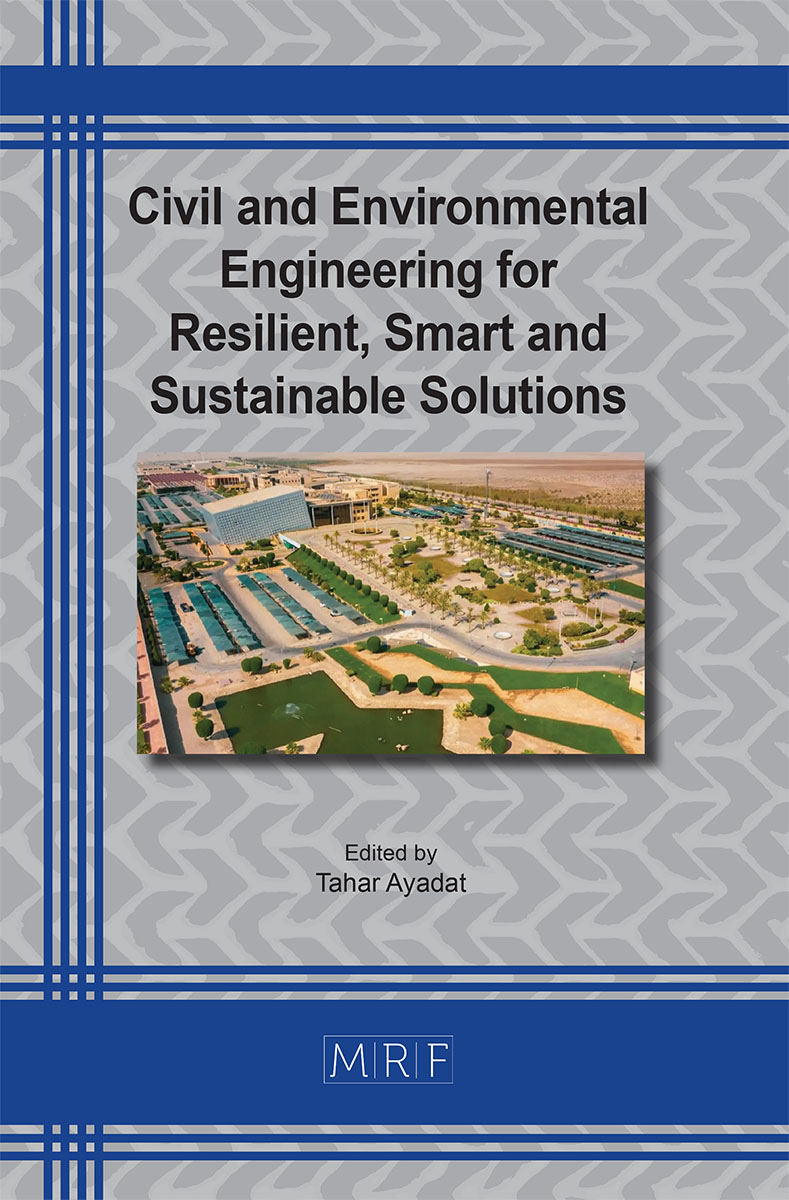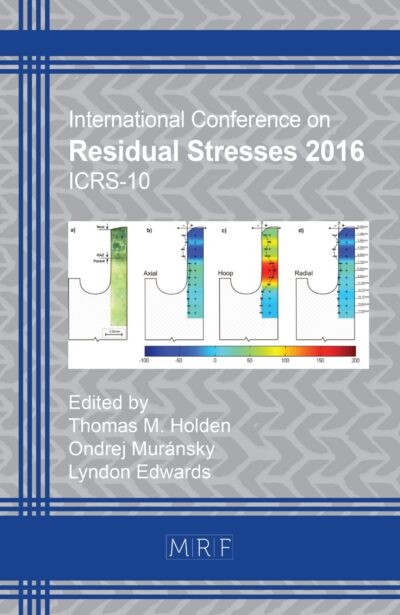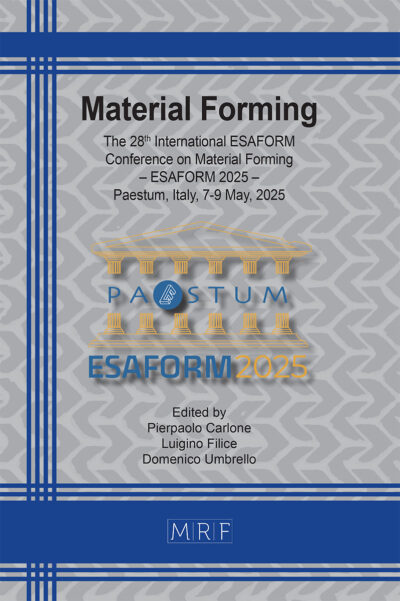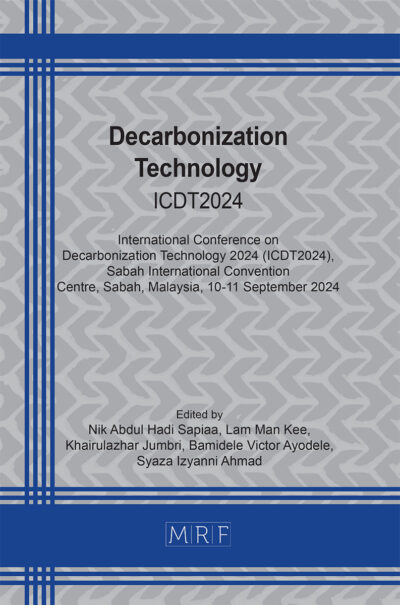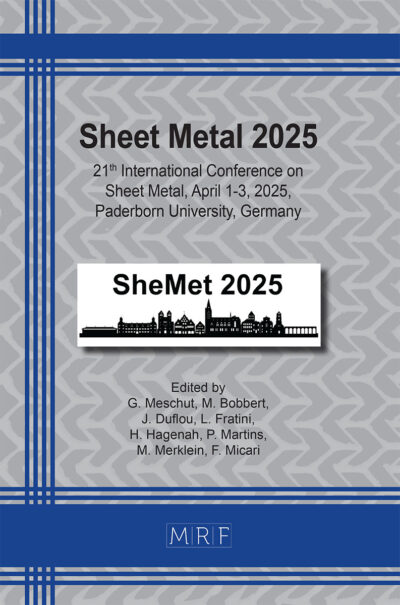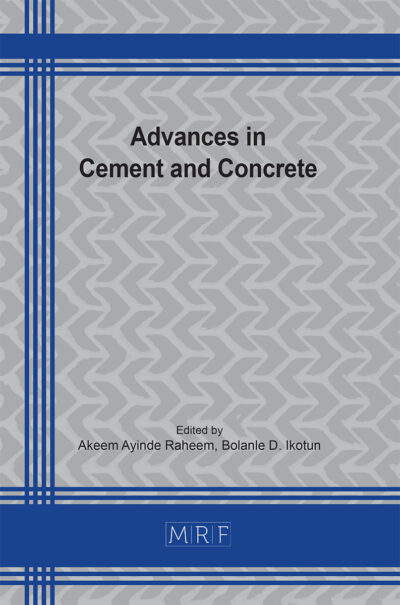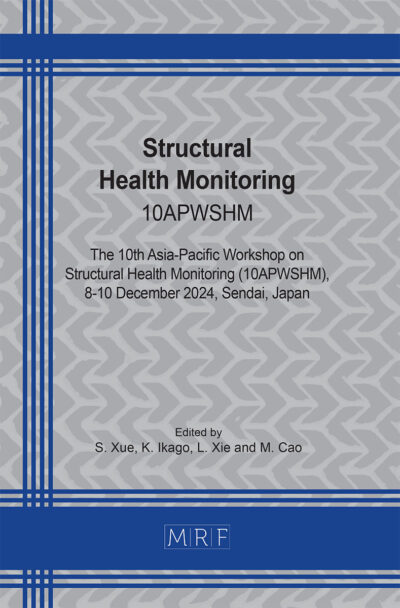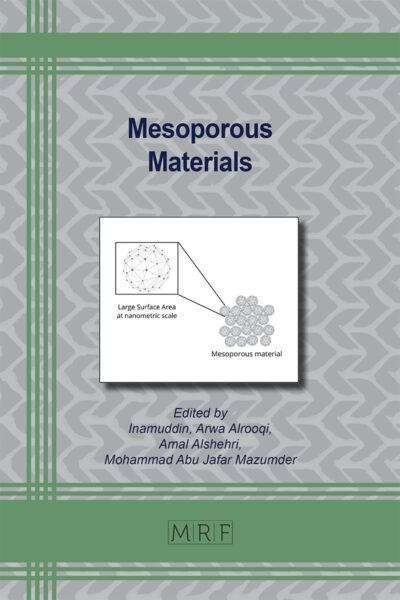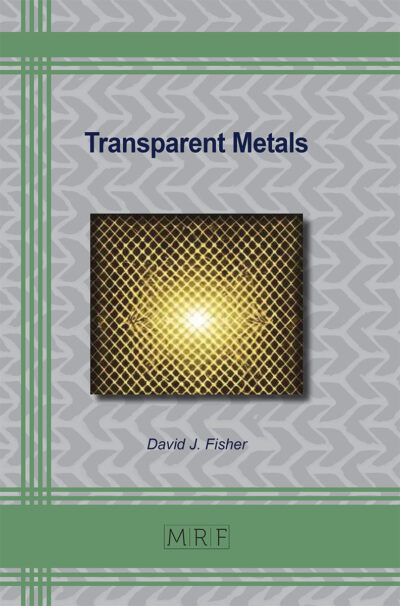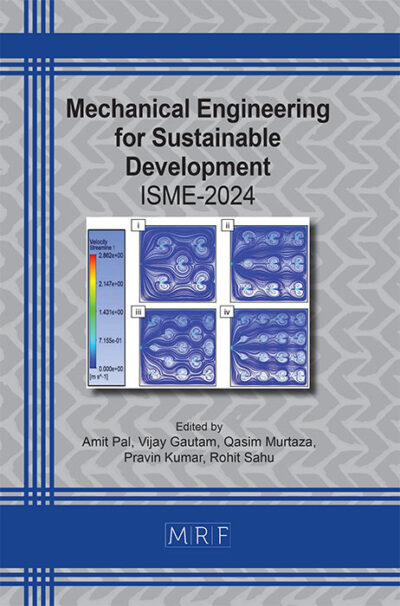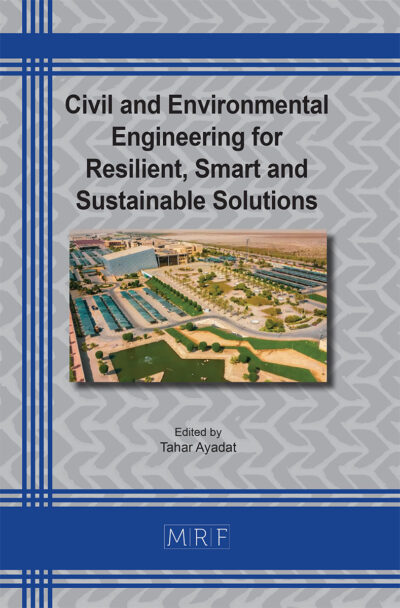Role of energy services companies in promoting energy and environmental sustainability in the GCC Region
Syed ILYAS, Muhammad ASIF
Abstract. Energy Service Companies (ESCOs) play a vital role in enhancing energy efficiency and environmental sustainability in the oil-rich, Gulf Cooperation Council (GCC) region. With high energy demand and abundant fossil fuel resources, the GCC faces sustainability challenges that ESCOs address by offering tailored energy solutions to public and private sector entities. Globally, the ESCO market has shown significant growth, with China commanding a dominant share and the US experiencing steady revenue growth between 2014 and 2018. Conversely, the ESCO market in Europe has seen relatively less development. This research adopts a literature review methodology to analyze ESCO practices, challenges, trends, and overviews within the GCC. Super-ESCOs like Etihad and Tarshid ESCO lead energy efficiency initiatives in Dubai and Saudi Arabia, respectively, reflecting a regional change towards sustainability. In the GCC, ESCOs face obstacles such as Lack of awareness, funding limitations, complex contracts, and client hesitancy, etc. Despite challenges, initiatives like Dubai’s Etihad, Saudi Arabia’s Tarshid, Ras Al-Khaimah’s RAK, Sharjah’s SEWA, Oman’s APSR, and Abu Dhabi’s ADES Energy Service’s ESCOs demonstrate tangible energy savings and CO2 reductions. This study aims to provide insights into ESCO dynamics, identify barriers, and highlight the importance of ESCOs in advancing energy efficiency in the GCC. Also, it reveals the critical role of ESCOs in addressing sustainability challenges and advancing energy diversification in the region.
Keywords
ESCOs in GCC Region, Energy Efficiency, Renewable Energy, Sustainability, Greenhouse Gases
Published online 2/25/2025, 9 pages
Copyright © 2025 by the author(s)
Published under license by Materials Research Forum LLC., Millersville PA, USA
Citation: Syed ILYAS, Muhammad ASIF, Role of energy services companies in promoting energy and environmental sustainability in the GCC Region, Materials Research Proceedings, Vol. 48, pp 843-851, 2025
DOI: https://doi.org/10.21741/9781644903414-91
The article was published as article 91 of the book Civil and Environmental Engineering for Resilient, Smart and Sustainable Solutions
![]() Content from this work may be used under the terms of the Creative Commons Attribution 3.0 license. Any further distribution of this work must maintain attribution to the author(s) and the title of the work, journal citation and DOI.
Content from this work may be used under the terms of the Creative Commons Attribution 3.0 license. Any further distribution of this work must maintain attribution to the author(s) and the title of the work, journal citation and DOI.
References
[1] “An overview of the ESCO industry.” Accessed: May 10, 2024. [Online]. Available: https://ee-ip.org/en/business-practices/an-overview-of-the-esco-industry-7201
[2] S. Badi, “Facilitating ESCO market development through value co-creation: role of utility sector intermediaries,” Energy Effic, vol. 14, no. 6, pp. 1–22, Aug. 2021. https://doi.org/10.1007/S12053-021-09972-X/TABLES/5.
[3] “KAPSARC | King Abdullah Petroleum Studies and Research Center | Home.” Accessed: Mar. 08, 2024. [Online]. Available: https://www.kapsarc.org/
[4] “ESCO contracts – Energy Service Companies (ESCOs) – Analysis – IEA.” Accessed: Nov. 02, 2023. [Online]. Available: https://www.iea.org/reports/energy-service-companies-escos-2/esco-contracts
[5] “ESCOs | BUREAU OF ENERGY EFFICIENCY, Government of India, Ministry of Power.” Accessed: Mar. 07, 2024. [Online]. Available: https://beeindia.gov.in/en/programmes/escos
[6] E. Vine, “An international survey of the energy service company ESCO industry,” Energy Policy, vol. 33, no. 5, pp. 691–704, Mar. 2005. https://doi.org/10.1016/j.enpol.2003.09.014.
[7] R. J. Stern, “Oil Scarcity Ideology in US Foreign Policy, 1908–97,” Security Studies, vol. 25, no. 2, pp. 214–257, Apr. 2016. https://doi.org/10.1080/09636412.2016.1171967.
[8] “Gulf Cooperation Council: Economic Prospects and Policy Challenges for the GCC Countries; IMF Country Report No. 23/413; December 5, 2023.” Accessed: Feb. 24, 2024. [Online]. Available: https://www.imf.org/en/Publications/CR/Issues/2023/12/14/Gulf-Cooperation-Council-Economic-Prospects-and-Policy-Challenges-for-the-GCC-Countries-542513
[9] “ESCO Market in the UAE: Challenges and Opportunities”, Accessed: Feb. 18, 2024. [Online]. Available: www.cebcmena.com
[10] “Pathways to a low-carbon economy: Version 2 of the global greenhouse gas abatement cost curve | McKinsey.” Accessed: Feb. 24, 2024. [Online]. Available: https://www.mckinsey.com/capabilities/sustainability/our-insights/pathways-to-a-low-carbon-economy
[11] T. Fawcett, J. Rosenow, and P. Bertoldi, “Energy efficiency obligation schemes: their future in the EU,” Energy Effic, vol. 12, no. 1, pp. 57–71, Jan. 2019. https://doi.org/10.1007/S12053-018-9657-1/TABLES/2.
[12] A. Sayne, “Supporting the Energy Transition in Oil-and Mineral-Rich Countries,” 2020.
[13] M. Baechler, “A Guide to Performance Contracting with ESCOs Pacific Northwest National Laboratory,” 2011.
[14] “ESCO Market in the UAE: Challenges and Opportunities”, Accessed: May 03, 2024. [Online]. Available: www.cebcmena.com
[15] M. I. Shahateet, M. Khazali, G. Albaali, N. Sweis, and A. G. Saidi, “Barriers to improving energy efficiency: Insights from energy services companies in jordan,” International Journal of Energy Economics and Policy, vol. 11, no. 2, pp. 155–164, 2021. https://doi.org/10.32479/IJEEP.10811.
[16] “Etihad ESCO.” Accessed: Apr. 26, 2024. [Online]. Available: https://etihadesco.ae/
[17] “Building Blocks for Developing an ESCO Market in Lebanon”, Accessed: Apr. 30, 2024. [Online]. Available: www.cebcmena.com.
[18] A. Ablaza, Y. Liu, and M. F. Llado, “Off-Balance Sheet Equity: The Engine for Energy Efficiency Capital Mobilization,” in Pages 25 – 50, Springer Japan, 2021, pp. 25–50. doi: 10.1007/978-981-16-3599-1_2.

